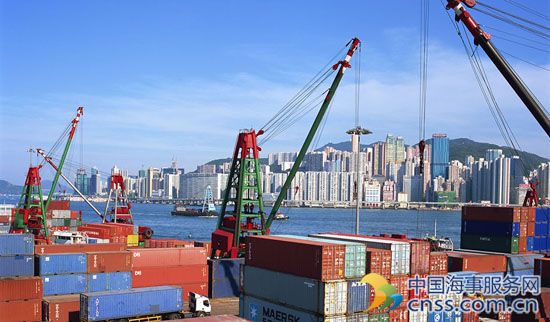Rising security threats pose real danger to maritime industry, warns MAST

Conflicts and tensions in the South China Sea and sub-Saharan Africa pose a real threat to the maritime environment and some of the world’s most important shipping lanes, with 48 criminal incidents recorded in the first quarter of 2017, maritime risk management company MAST has warned.
According to MAST’s Risk Map that logs international maritime incidents in real time, the instability of Somalia and Yemen in the western Indian Ocean and the west coast of Africa are intrinsically linked to rising piracy and criminal activity at sea, with 22 reported attacks in the first quarter of this year.
Despite substantial suppression of piracy in the Indian Ocean region, which at its peak in 2008 cost the global economy around $6bn, the rising numbers make the area a potentially dangerous route for commercial vessels and trade into Europe again.
Poverty and famine, combined with a lack of opportunity, are major drivers for piracy in the region. The international community must therefore work together to support those many people in desperate need of help, MAST warns.
International tension around China’s approach to the Spratly Islands and South China Sea should also cause concern within the shipping community, given their location, China’s aggressive defence of them and President Trump’s decision to pull the US out of the Trans-Pacific Partnership (TPP). MAST reported a total of 17 maritime crime incidents across Indonesia, the Philippines and Malaysia. Commercial vessels may already be re-routing around these islands and any escalation of tensions in the area could cause increased disruption to trade in the Far East.
Of the 48 incidents in the first three months of this year, 36 involved a ship being boarded by unknown assailants resulting in a robbery, and some cases leading to the ship being hijacked. Reports of criminal activity were also reported in South America (5) and South Asia (4).
Gerry Northwood OBE, COO of MAST and former Royal Navy counter-piracy commander, said: “It is clear is that the maritime environment is linked to global events and not immune to crime and terrorism in their many forms, and that countries overwhelmed by political instability and conflict pose a threat to the shipping routes that they border or have influence over.
“Despite the hard work undertaken by international navies and organisations to tackle piracy at its peak some years ago, recent events have shown the scales are tipping back in the favour of those who would commit or support acts of piracy. The levels of maritime crime recorded in just the first three months of this year show that now is not the time to relax security measures. While some areas may not see an immediate existential threat of piracy or only have a low number of attacks or suspicious activity, the danger and severity of each case is not lessened.
“World shipping depends on the freedom of movement through these areas and so the time is now right for global security standards to be properly enforced and made fit for purpose. The success of Best Management Practice and other measures in the fight against maritime crime in the Indian Ocean has shown that such a goal is now achievable, but it will take input and agreement from many different stakeholders to make the High Seas a safer place to live and work.”
Source: MAST
HEADLINES
- Do shipping markets want Biden or Trump for the win?
- All 18 crew safe after fire on Japanese-owned tanker off Singapore
- Singapore launching $44m co-investment initiative for maritime tech start-ups
- Cosco debuts Global Shipping Industry Chain Cooperation Initiative
- US warns of more shipping sanctions
- China continues seaport consolidation as Dalian offer goes unconditional